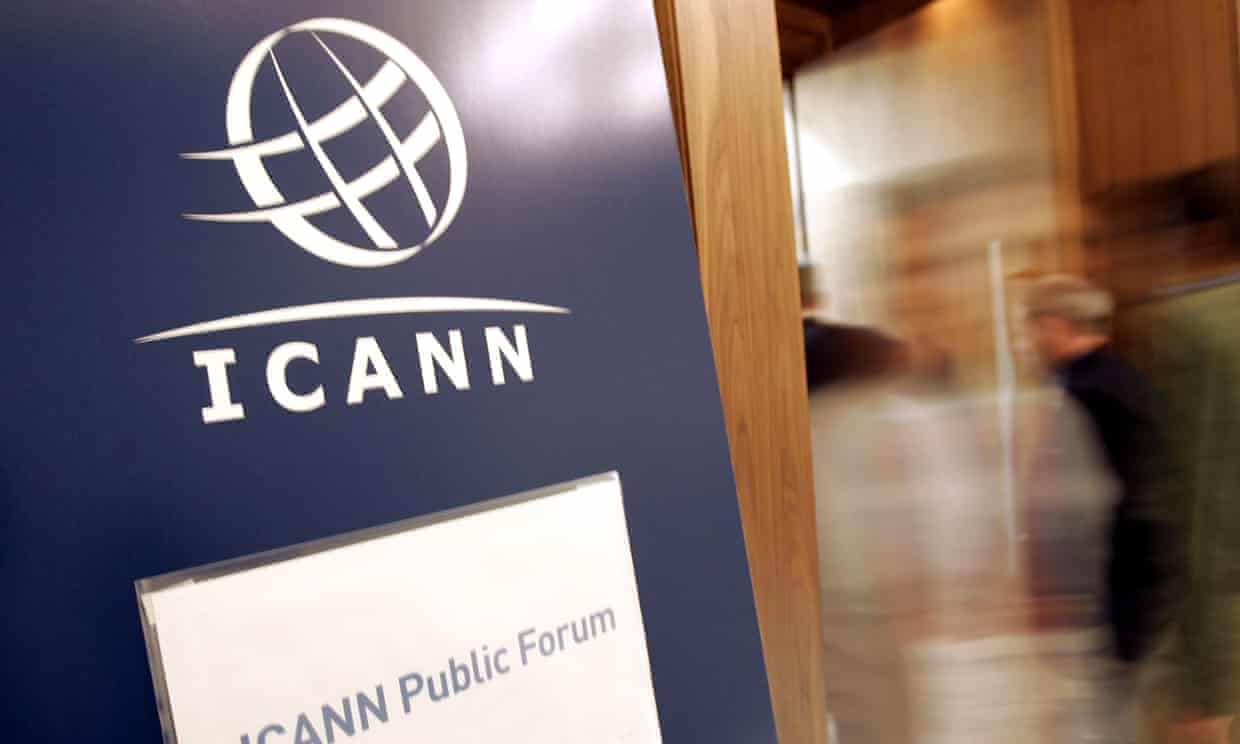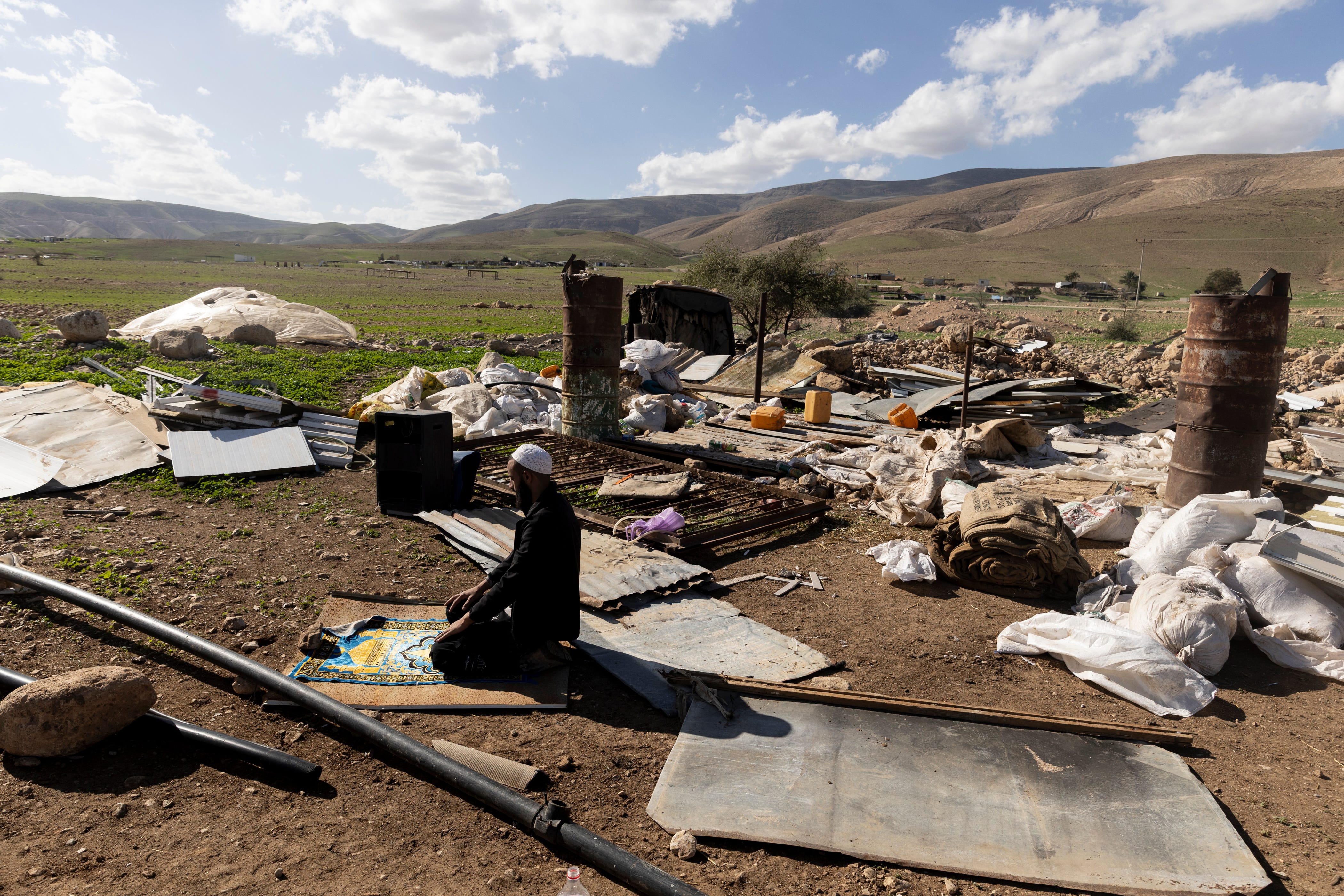 It’s early March in Marrakech, and a gleaming conurbation of hotels run in the kind of rare equilibrium of slick organisation and genuine friendliness that Tyler Brûlé might dream about.
It’s early March in Marrakech, and a gleaming conurbation of hotels run in the kind of rare equilibrium of slick organisation and genuine friendliness that Tyler Brûlé might dream about.
Inside, the people who run the internet’s naming and numbering systems have been meeting with some of the governments who would rather be doing the job themselves. Eventually they cut a deal, and then negotiators from countries mostly in the northern hemisphere staggered blinking into the sunlight and splayed like lizards around the azure swimming pools, almost too tired to drink. Almost.
What they have agreed is a plan for Icann, the Internet Corporation for Assigned Names and Numbers, to end direct US government oversight control of administering the internet and commit permanently to a slightly mysterious model of global “multi-stakeholderism”.
Like any settlement of a long-running conflict, the trick is to spread the unhappiness evenly and not celebrate too much, lest anyone think they’ve lost more than they’d reckoned. Though the French government was still seething over a spat about “dot champagne”, it rallied the naysayers the weekend before the official meeting started. Yet the real worry was the United States.





 Over the span of four years, 50-year-old Fidda Mohammad Naasan and her family have been violently...
Over the span of four years, 50-year-old Fidda Mohammad Naasan and her family have been violently... When we talk about our inability to pay attention, to concentrate, we often mean and blame...
When we talk about our inability to pay attention, to concentrate, we often mean and blame...






























